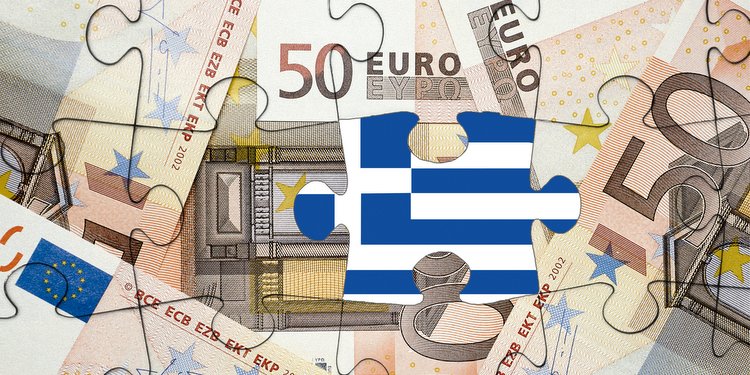At 4.00am last Thursday morning, the Greek Parliament finally approved a host of national reforms (much worse and more austere than those the Greek public were allowed to vote on in their referendum), allowing the country to begin negotiations on a third bailout, estimated at around 86 billion euros. The Greek government was also granted a 7 billion euro “bridging loan,” which they promptly spent by repaying a debt to the International Monetary Fund (IMF) – however, there are finally no longer in arrears with that organization. All of this uncertainty has left its mark on the Eurozone’s level of business optimism; according to the financial information services group, Markit, there is tangible “weakened confidence” within Germany and France.
Furthermore, capital controls still persist in Greece itself, even though the banks were allowed to re-open on Monday. Customers are still being limited in their access to deposited funds, and many Greek businesses have now closed as lines of credit have dried up. It is estimated that the controls have cost Greek business, as a whole, over 3 billion euros.
An example of the impact of these controls can also be found within the animal enclosures at Attica Park Zoo, near Athens, where zookeepers are struggling to feed the 2,200 inhabitants the vital specially-imported dietary supplements they require, as exporters continue to fear unpaid Greek bills.
Clearly, the economic crisis within Greece will continue for months, if not years to come, with the Greek people’s limited access to their own money ongoing. If you are concerned that citizens being denied access to their bank deposits may one day come to your hometown, please Like & Share this post.


